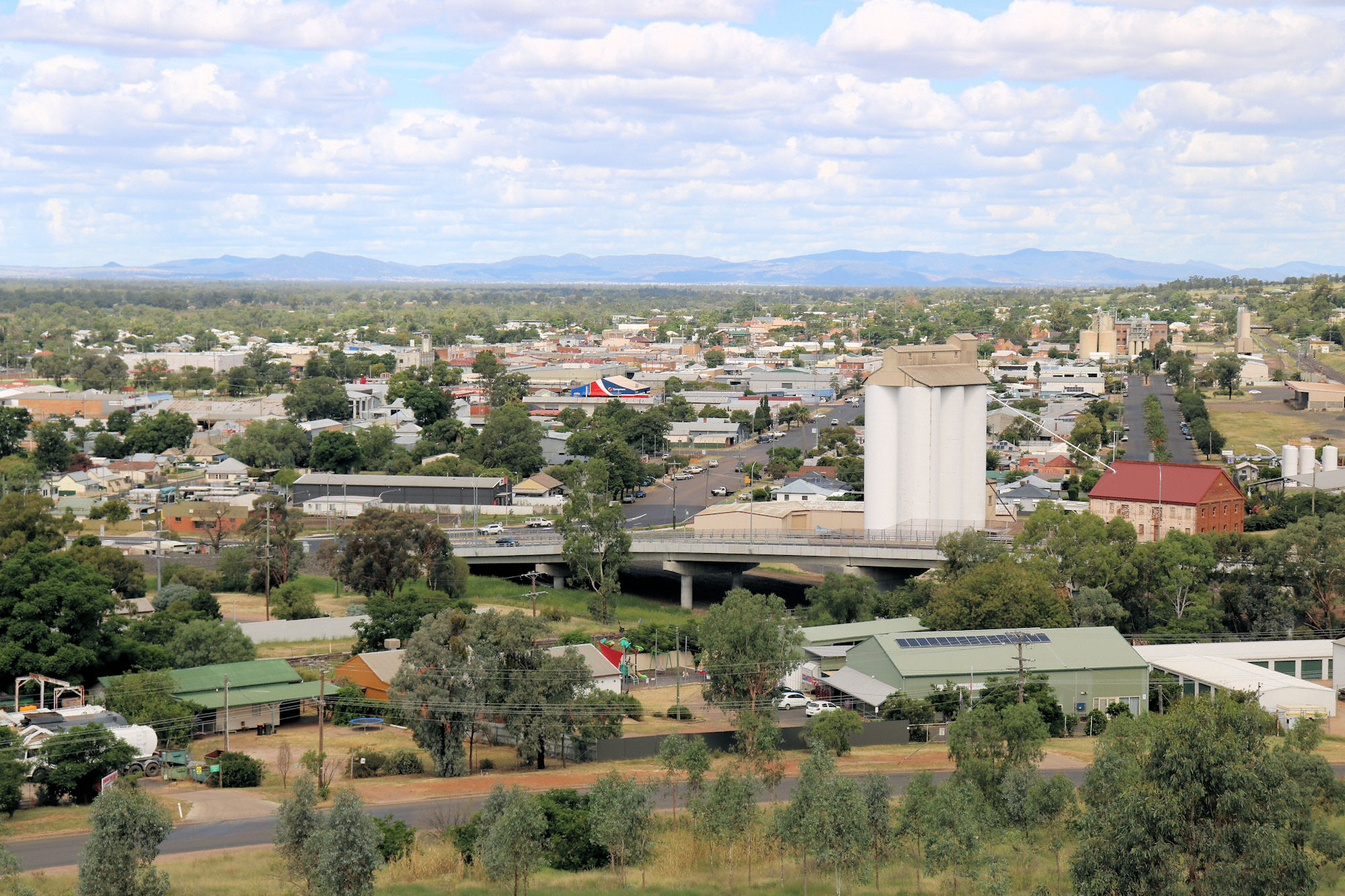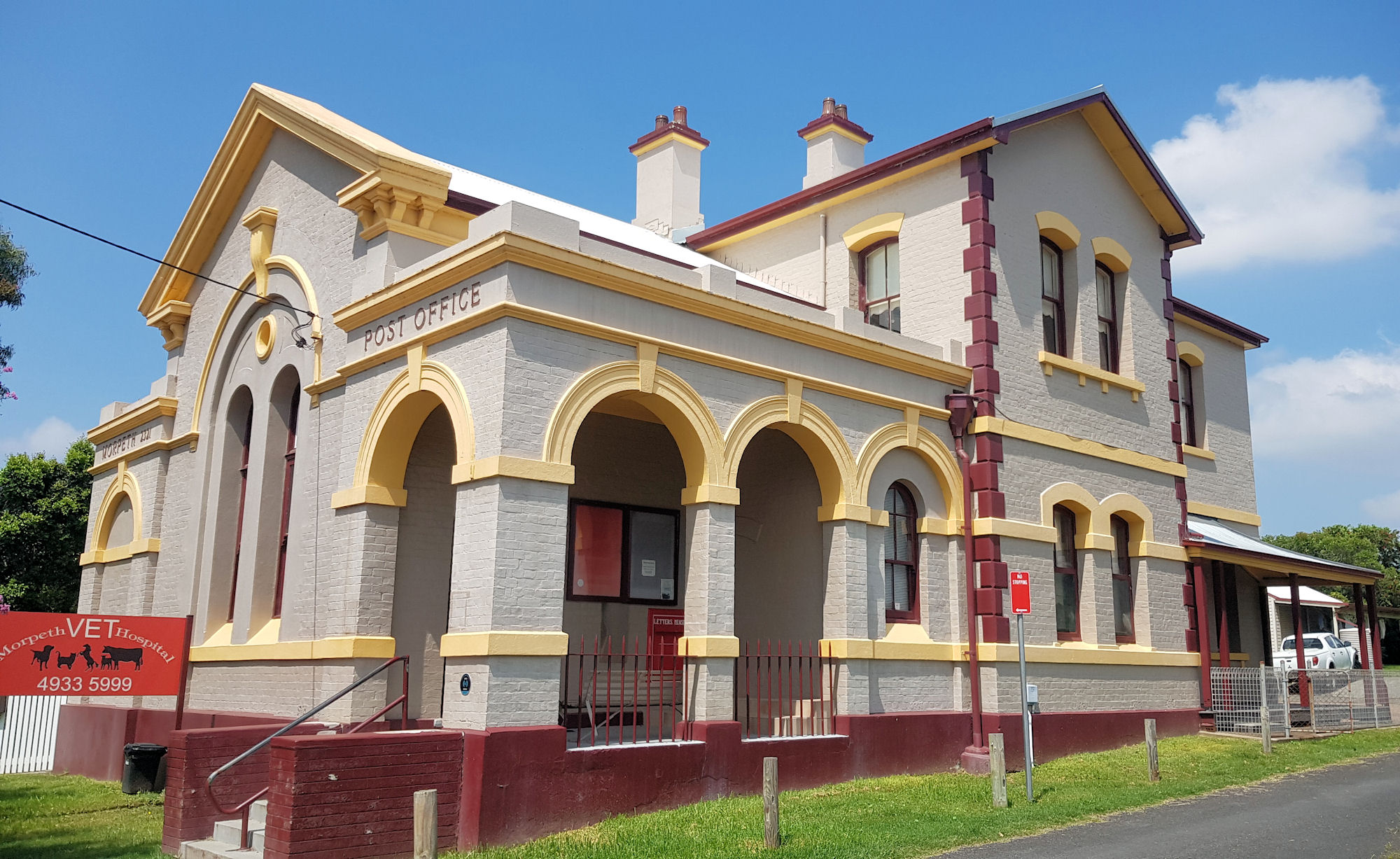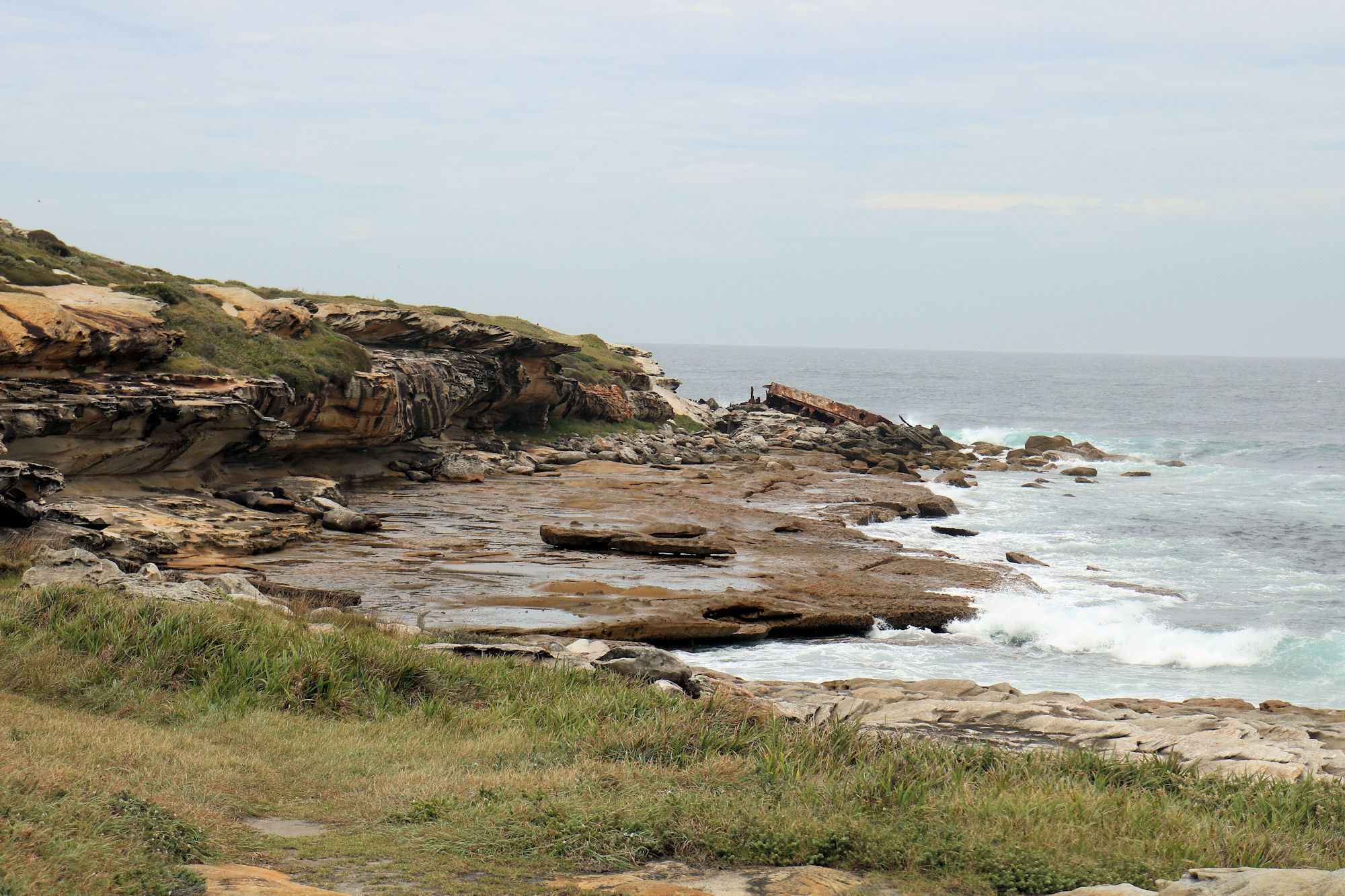Category: Building
Building
-
Gunnedah New South Wales

Gunnedah New South Wales Town History Located on the north west slopes of New South Wales, Gunnedah has a long history of habitation by the Kamilaroi people. The town’s name means Place of White Stones in the Kamilaroi language. Within 45 years Colonial settlers arrived in the area in 1833, taking advantage of the Patrick… Read more
-
Morpeth on the Hunter River

Morpeth on the Hunter River Morpeth Initially created through by Edward Charles Close, who selected a property of 1,000 hectares Morpeth developed as a river port from 1831-1841. The river port grew steadily throughout the 1830s, but the construction of the Great Northern Railway in 1857, bypassed Morpeth. This resulted in Newcastle developing as the… Read more
-
Cape Banks Botany Bay National Park

Cape Banks Getting There We drove to Cape Banks and parked near the pistol club and helicopter base. This large car park has plenty of space, so parking shouldn’t be a problem. Cape Banks Walking Track The Cape Banks Walking track runs past the Westpac Lifesaver Helicopter Base towards the coast. On the way you… Read more